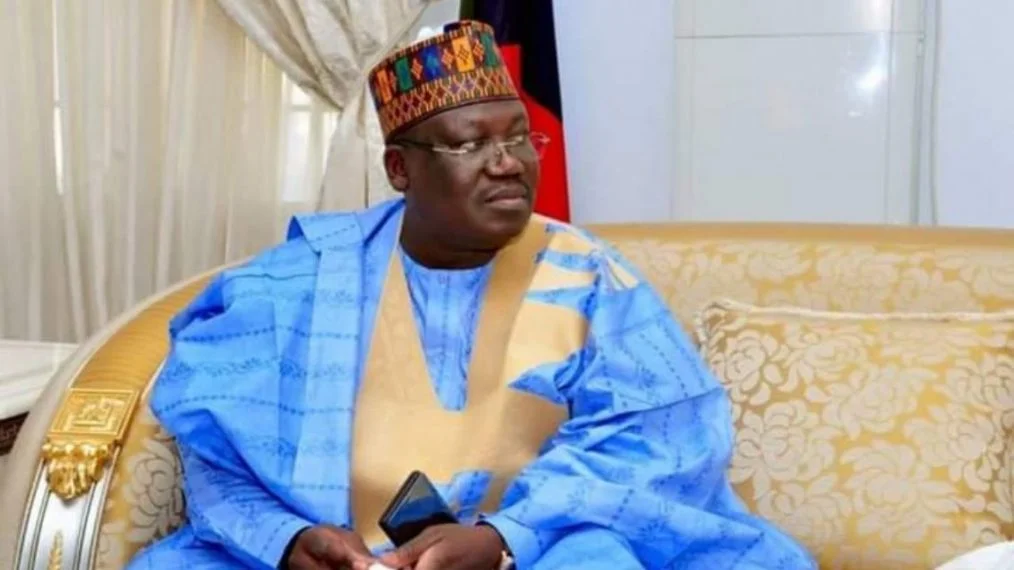President of the Senate, Ahmad Lawan, on Wednesday gave an insight into what the National Assembly did to get the much-awaited Petroleum Industry Bill (PIB) passed and eventually signed into law by President Muhammadu Buhari on Monday.
Lawan spoke to journalists shortly after a brief ceremony at the Presidential Villa where the president announced the setting up of an implementation committee for the new law.
The Senate President said: “Everyone knows that the Petroleum Industry Bill suffered a lot of hiccups in the National Assembly previously, but when we came in in 2019, both Chambers identified the passage of the PIB as one very strong, fundamental, critical and strategic bill that we must pass within the life cycle of this ninth National Assembly.
“And by the grace of God, we redefined the way to go about it because we would have learnt from the mistakes of the past on the issue. What we emphasised and that worked for us to achieve what we did was to ensure that we work very closely with the executive arm of government right from the conception of the bill itself.

“So, our oil and gas-related committees started working with agencies of government that handle the oil and gas industry. And we had this interaction continuously up to the point that the bill was finally presented to the National Assembly.
“Members of the National Assembly had taken the passage of this bill to be one legacy this ninth National Assembly should leave by the time we complete our tenure.
“We want to make it very clear that everybody in the National Assembly, in both the Senate and the House of Representatives from all parts of Nigeria, worked for the bill to be passed.
“The debates were, of course, very lively and sometime even very difficult ones but that was to show emotive attachment that everybody had for the bill to be passed. And we have passed the bill by the grace of God.”
Lawan said the Act will benefit Nigeria as a country and benefit its people, in that it would create the legal framework that people, especially investors, had feared was absent or not adequate.
“And that certainty will make it possible to have foreign direct investment particularly coming into the oil industry,” he said.
The Senate President said further: “Secondly, we will have much more revenues coming into our country, into our coffers. So our states will have more revenues. Our local government will have more funds. And of course what they expect is that these revenues should translate into actionable projects that will make life better for Nigerians.”
Responding to questions on the agitation for more funds for the host communities, Lawan said: “The host communities are winners as well. It may not be necessarily exactly what some of them had hoped; but you know from zero to over 500 million dollars….and with time, such issues will be further addressed.
“I also want to caution that it is not the 500 million dollars that is more, but how we are able to prudently and transparently deploy this 500 million dollar in the host communities.
“This time around, there should be no excuses for anybody to tamper with this money. The host communities have suffered enough, even when NDDC was established, I’m sure it was established because of the host communities’ issues and yet the host communities did not get much attention.
“This time, the host communities have been specifically mentioned and these funds should go there. We want to see people who will be appointed, taking this as trust and doing what is right.
“Of course, there will be so much employment and jobs especially in the midstream of the value chain. This midstream has not been in existence so to speak. What we have is the upstream and then, the downstream. When our refineries will be better and more will be established, I’m sure the value chain will have opportunities for more Nigerians to have jobs and so on.
“I believe that this is one very historic and important moment for us as a National Assembly, this ninth National Assembly and of course a very historic moment for this administration led by President Muhammadu Buhari.”


